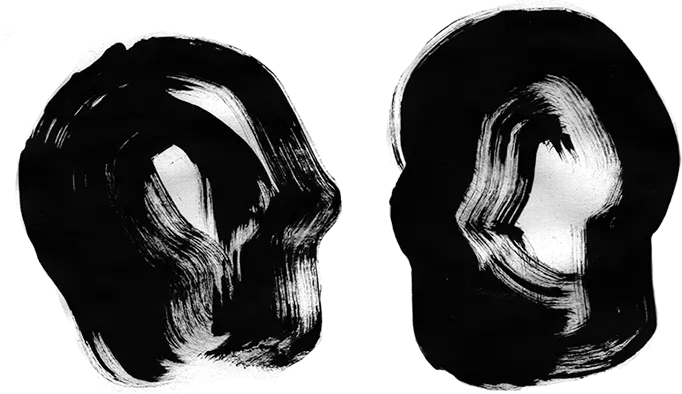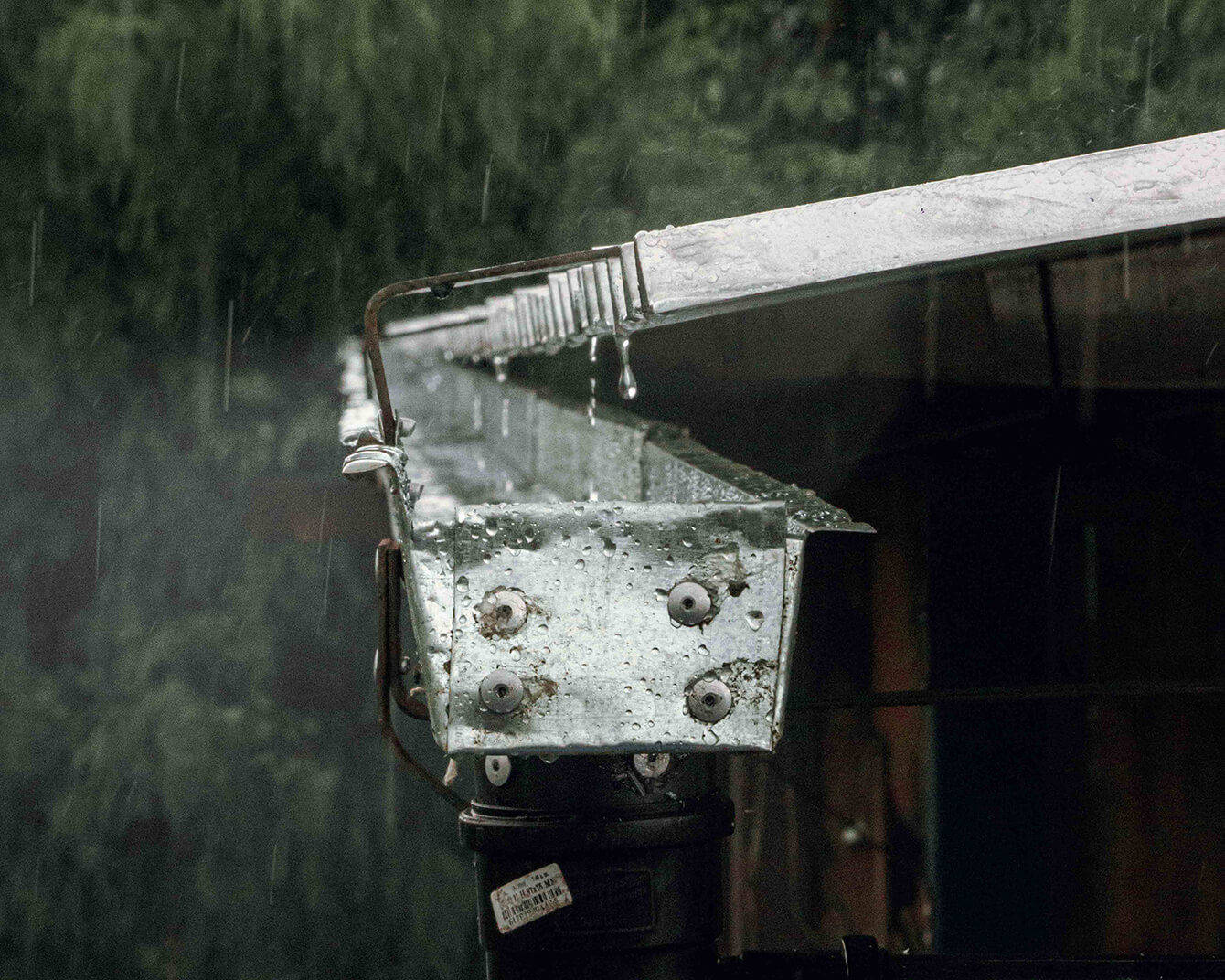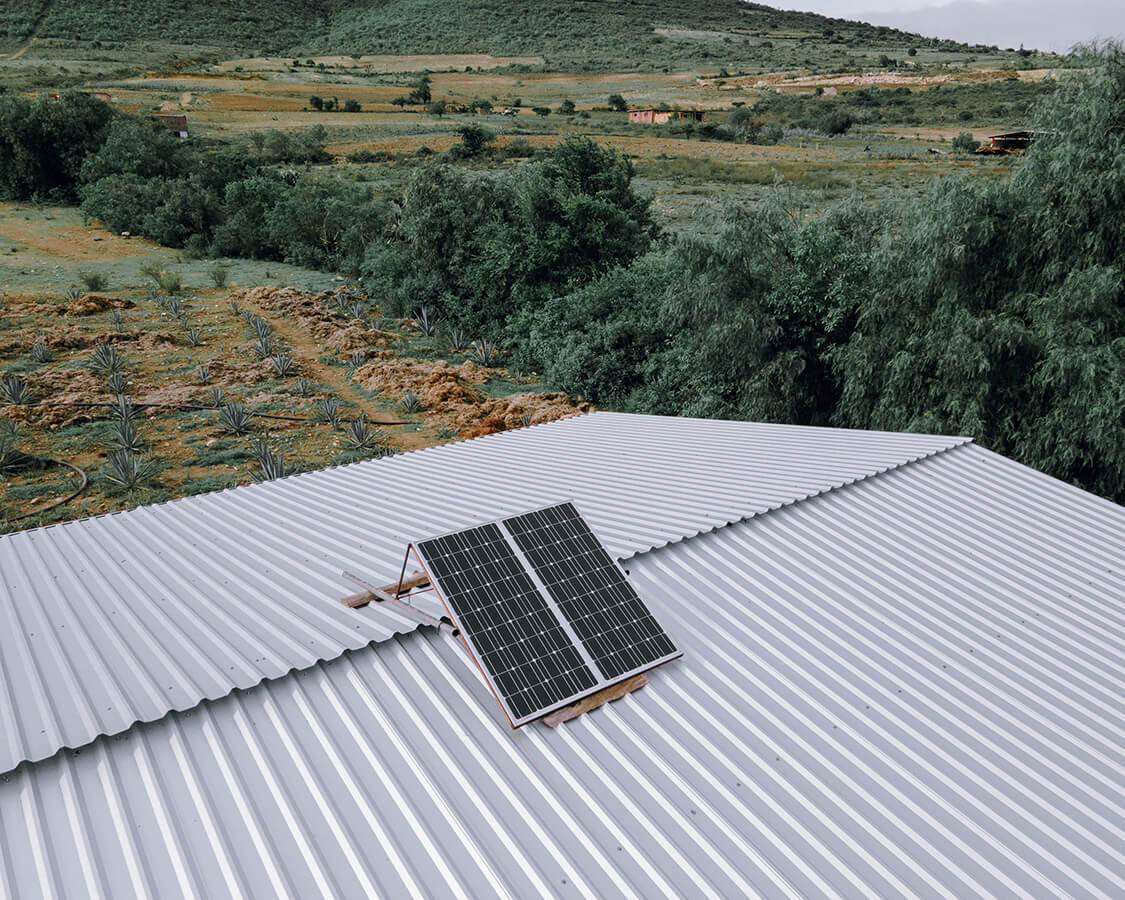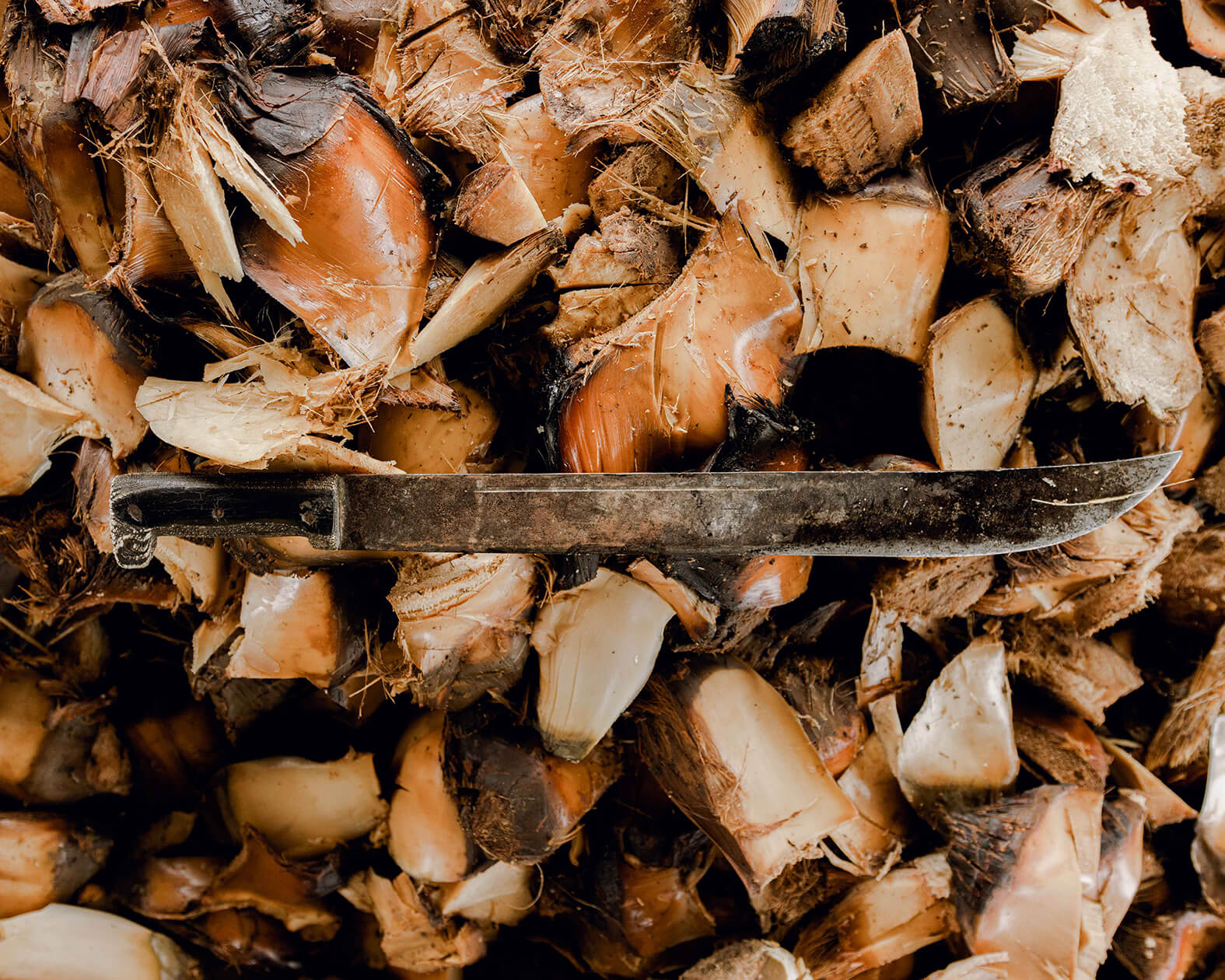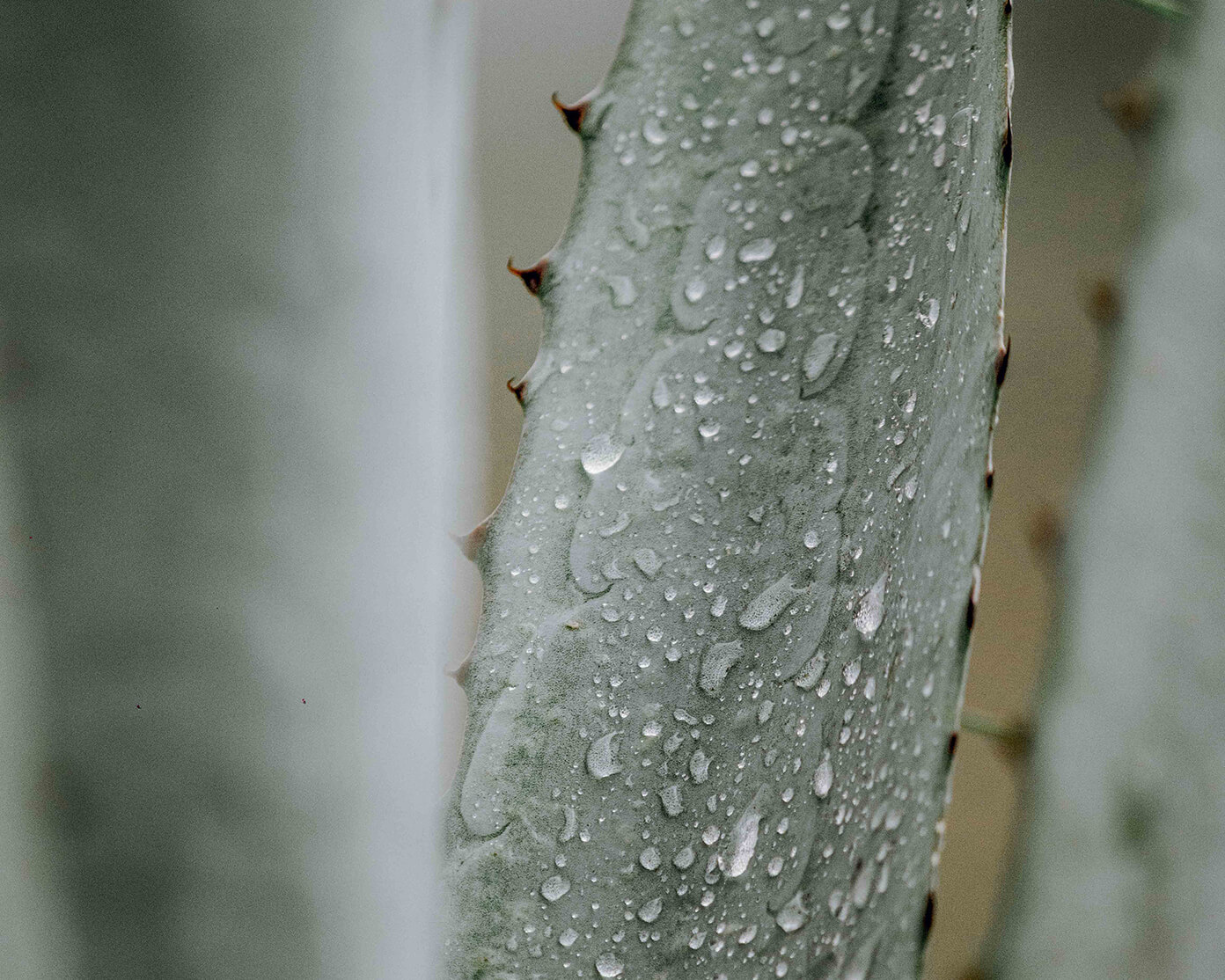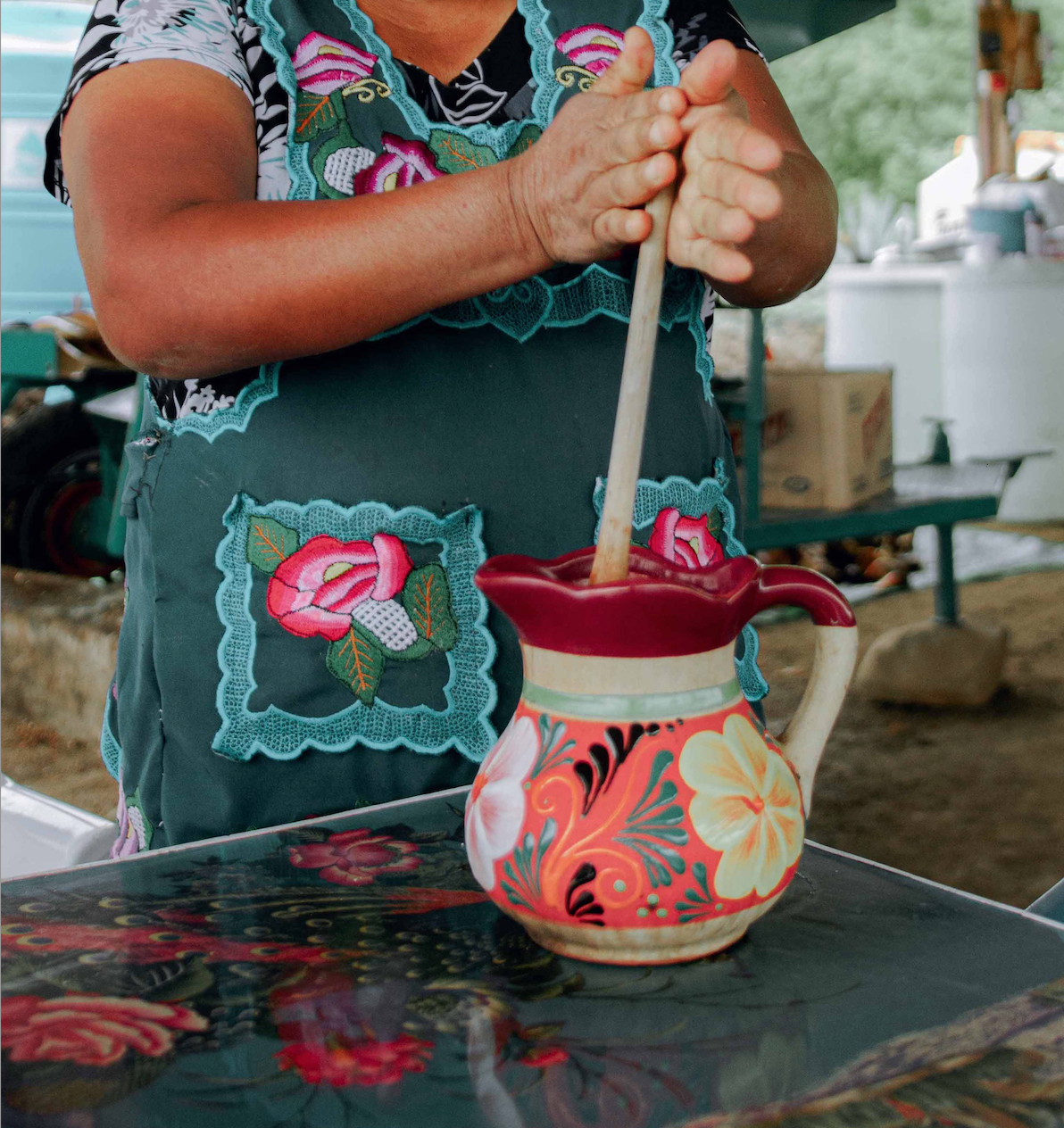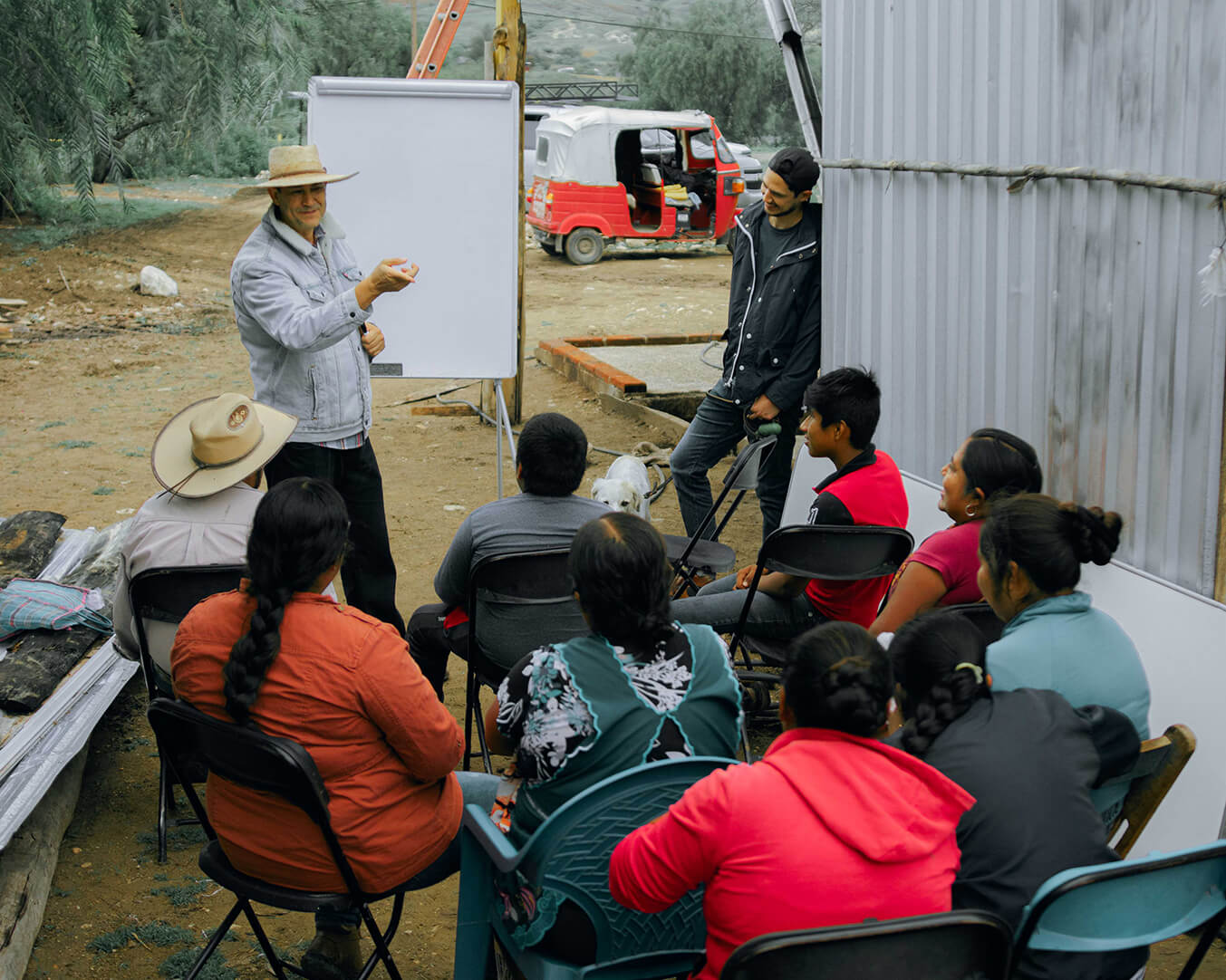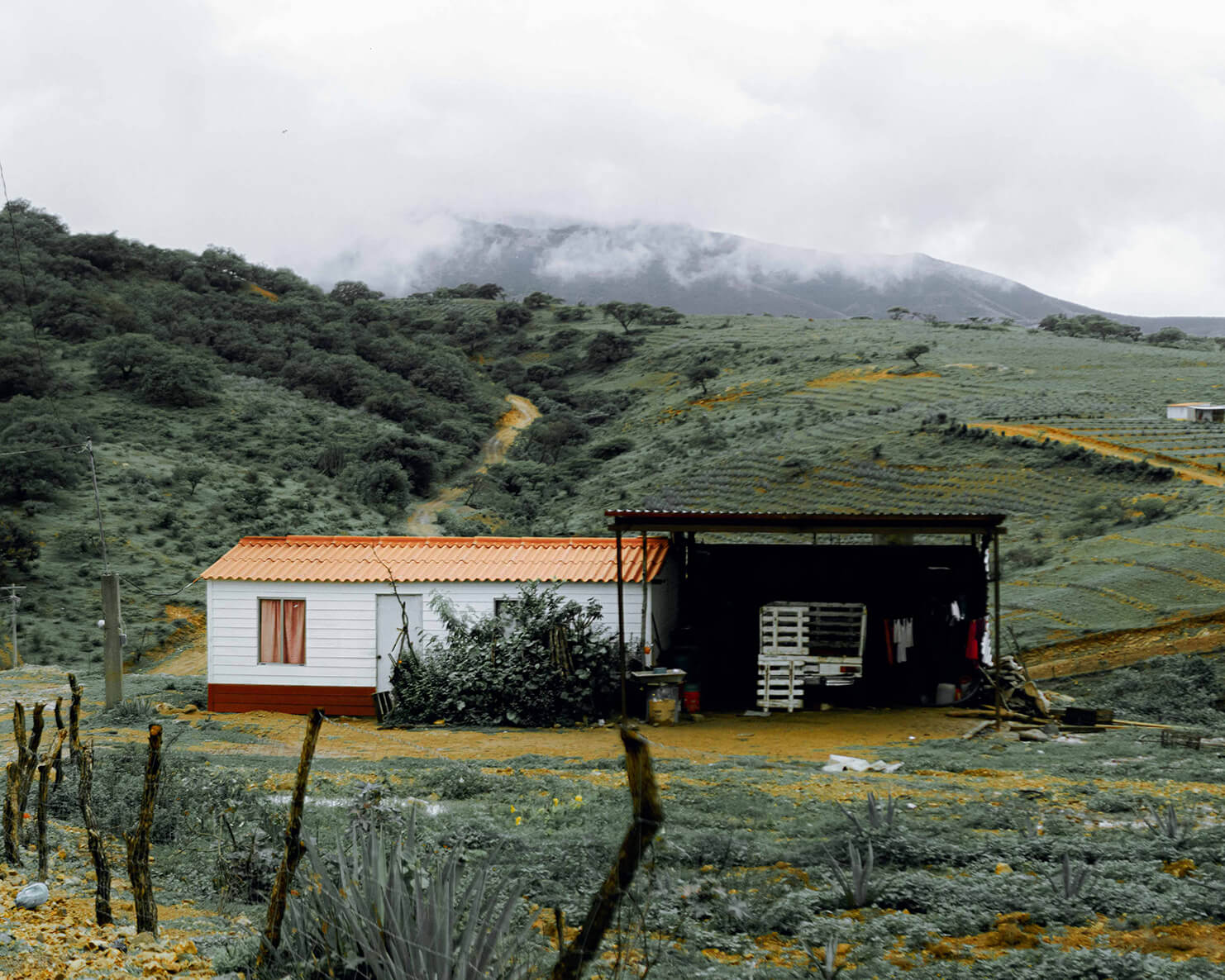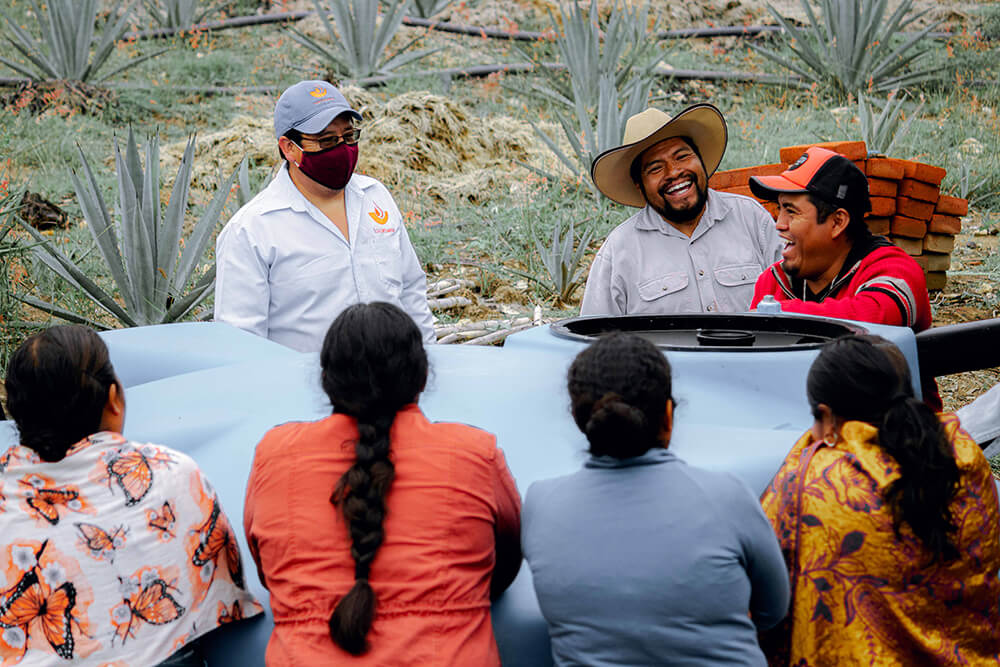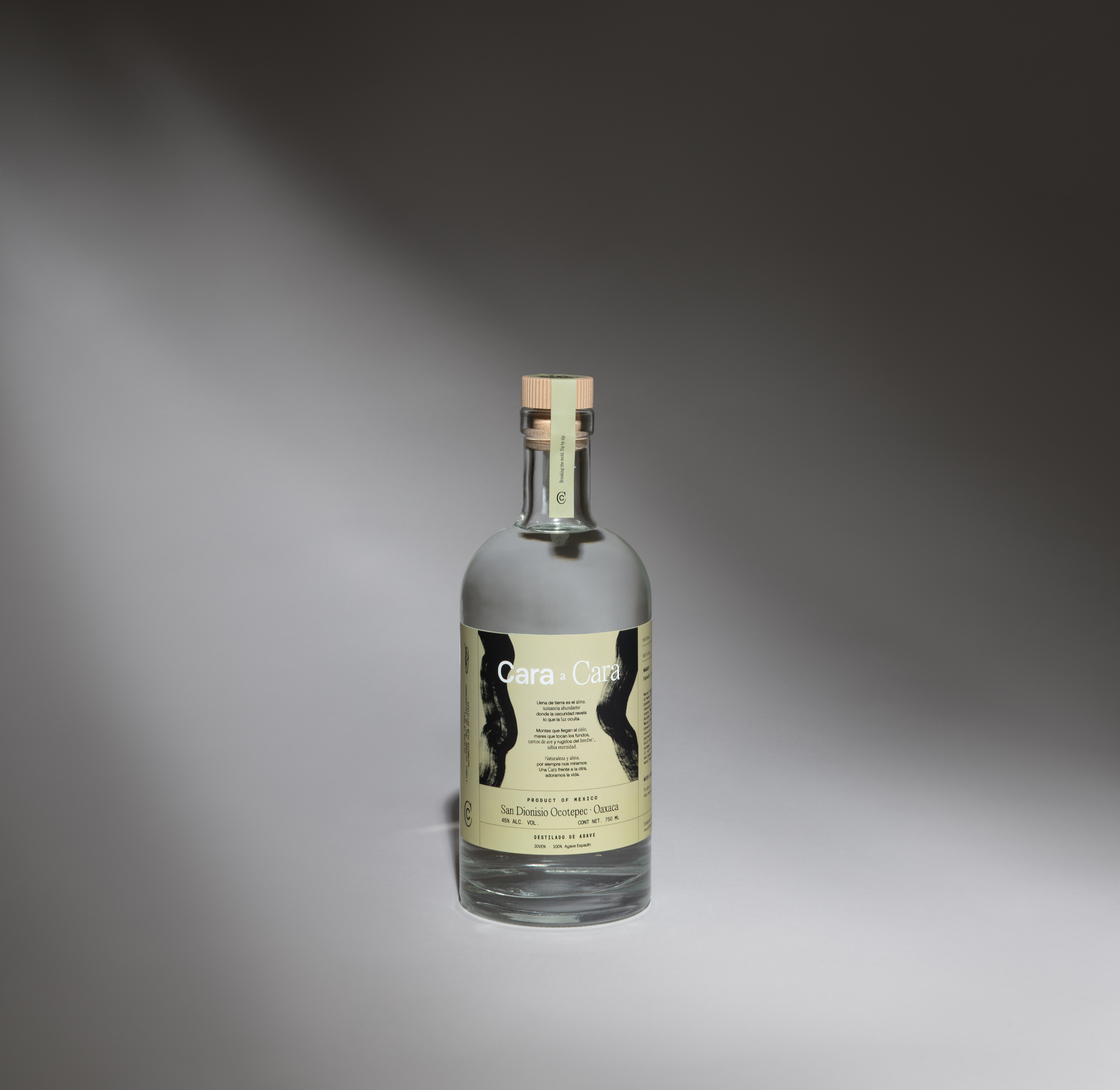Our Philosophy
We imagine a future where the environment & people flourish together.
We believe that tradition & innovation can work together to create impactful change - focusing on solving real problems through practical solutions.
We know we have a long road ahead to get to where we want to be.
We hope you choose to be a part of our journey.
Planet
People
Our Partnership with Isla Urbana
Packaging
Look at Our Progress
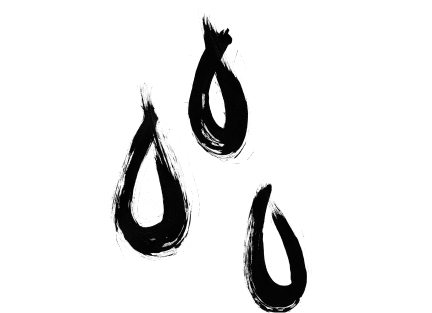
Since the installation of the rainwater harvesting system, we have captured about 15,000 liters of water that have been used for distillation of the mezcal and irrigation of the fields.
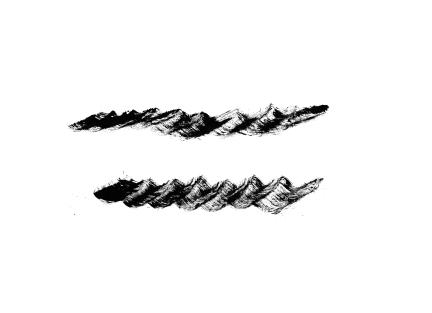
We’ve been on a long journey to explore alternatives to reuse the agave fiber waste from mezcal making. With the help of artists, craftsmen, and family, we were able to turn the agave fiber into paper. Family members traveled to Coatepec, Veracruz with sacks of bagasse on an experimental mission. They worked in an artisan paper factory to produce sheets of agave paper that we will use to make biodegradable coasters.

The Morales family went back to the land, and replanted 6,000 agaves atop the San Dionisio hills. Interplanting these agaves among maize. A great reminder that mezcal is an agricultural product first.
It’s in our name- Cara a Cara. Face to Face. We don’t intend to hide. We are on a journey to be environmentally and socially conscious. And we want to share our learnings, successes, and failures along the way.
We stand for more transparency in the spirits industry. We want to do better. Here we will showcase visual proof of the work we do.
We want the QR code in the back of our bottles to serve as a window to peak inside what's behind the bottle you’re holding. It’s our way to invite anyone willing to dive deeper. We will continuously update “Our Progress” section to ensure you always know what we’re working on.
During our branding process, it was imperative that we bring details and data about our impact to the forefront. This is why we included an environmental impact "nutrition label" on the label's side to show how much groundwater was saved in each batch. It is our hope that this level of transparency will push us to do better each time.
